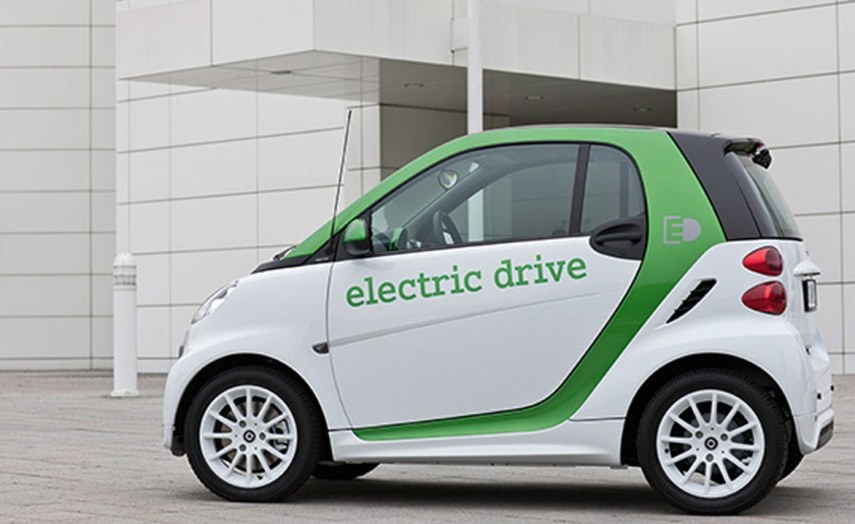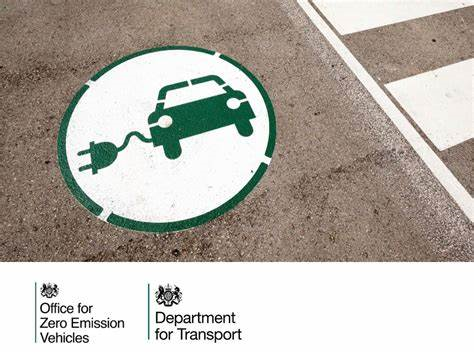Transportation shapes our daily lives significantly, especially in Nigerian cities such as Lagos and Abuja where we spend so much time and energy on the move. The recent trend by governments to stop subsidizing fossil fuels has given us a chance to rethink the future of transportation, particularly in Africa. Embracing electric vehicles (EVs) as a substitute for fossil fuels is essential for combating climate change, but it’s not without its hurdles.
For many Nigerians, the current price of EVs are way beyond what they can afford . However, this is changing rapidly as more incentives and initiatives are becoming available and people are beginning to see the long-term benefits of electric cars.
The barriers of range anxiety and inadequate charging infrastructure are being addressed with advancements in ultrafast chargers and battery technology, and countries worldwide are making substantial investments in public charging networks.
In Africa, the need for electric vehicles is even more pressing. The region faces severe climate impacts, with frequent floods and environmental degradation becoming the norm. Adopting EVs can help mitigate these effects, but challenges like unreliable power supplies and high electricity costs remain significant. In Nigeria, for instance, the transition to EVs is hampered by inconsistent power supply and lack of public education, but initiatives like the expansion of renewable energy sources offer a glimmer of hope.
Kenya is a good example of progress in Africa, with more than 90% of its electricity coming from renewable sources. The country is also working on electrifying its transportation system, including a new rail network. This shows the potential for a similar transformation in Nigeria, where a lot of renewable energy projects, such the Renewable Energy Roadmap (REmap) and the Planned Energy Scenario (PES), are gradually taking shape.
One of the most significant barriers to EV adoption in Africa is the lack of supportive policies, tax incentives, and subsidies. Most African countries, including Nigeria, have minimal government initiatives to promote electric vehicles. This is partly due to pressing issues like healthcare and youth employment taking precedence. Additionally, high import duties make EVs less accessible to ordinary people.
But despite these challenges, there are pioneers in the region pushing the boundaries. In Nigeria, Possible EVS, MAX, and SAGLEV, are leading the charge with various initiatives and efforts toward encouraging widespread adoption.
Possible EVS, for example, offer asset financing options to make EVs more affordable and accessible. This approach has been successful in Kenya, where early adopters have reported significant savings in fuel costs by switching to electric vehicles.
The UN Global Fuel Economy Initiative is also working on setting baselines for fuel economy and developing policies for efficient light-duty vehicles, including EVs, in several African countries.
Micro-mobility solutions like electric bikes, scooters, and three-wheelers are particularly suited to Nigeria’s bustling cities. These vehicles offer a practical and affordable solution to urban transportation challenges, reducing congestion and improving air quality.
More research and investments should be made in Africa’s power capacity. Integrating the region into international electric vehicle research, conducting feasibility studies, and developing supportive policies will be crucial for maximizing this potential.
Nigeria has the opportunity to revolutionize its transportation system, enhancing air quality and reducing traffic congestion while preserving the vibrant street culture of its cities. By embracing alternative transport solutions like EVs, we can make this vision a reality and tackle the growing impacts of climate change.
At Possible EVS, we are committed to driving this transformation by promoting the widespread adoption of electric vehicles in Nigeria. Through asset financing, investment in sustainable mobility solutions, and support for green initiatives, we are paving the way for a cleaner, greener future. Join us in making this vision a reality.


